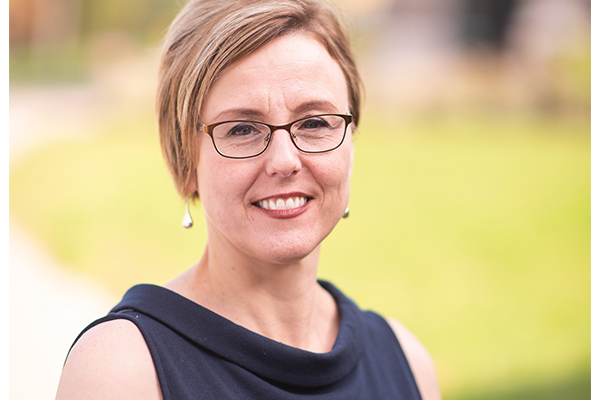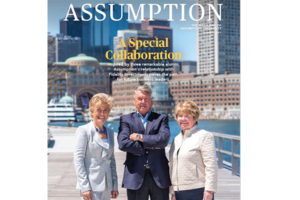
A Taoist story goes like this: There once was a farmer whose favorite horse ran off and disappeared. “What bad luck!” the villagers exclaimed. “Maybe,” said the farmer.
The horse returned the next day, accompanied by five others. “What good luck!” the villagers cried. “Maybe,” said the farmer.
Soon thereafter, the man’s son fell from one of the horses and broke his leg. “What bad luck!” the villagers exclaimed. “Maybe,” said the farmer.
The next day, all able men in the village were drafted for war. The injured son was exempt from service. “What good luck!” the villagers cried. “Maybe,” said the farmer.
I have been thinking a lot about this story. We inhabit a society that teaches us we deserve good things. When we are deprived of those things, we often feel that life is unfair. What bad luck I have, we complain. Why does so-and-so have all this money, success, and fame while I do not? We blame others, or we blame ourselves, but we never doubt that life should be better. Good luck is when things go our way. Bad luck is when they do not.
Yet the boundaries between good luck and bad luck are fluid. Our unhappiness one moment may fuel our happiness next. What brings relief today may bring misery tomorrow. The kaleidoscope shifts, and
with it, our situation.
This is not to say that everything is simply a matter of perspective. There is immense suffering in the world. The news is filled with tales of heartbreak: hurricanes, earthquakes, fires, wars, shootings, poverty, sickness, and death. Children are torn from their parents. Homes and communities are destroyed. The natural landscape is ravaged. Corruption and cynicism are rampant. There is, moreover, real inequality, of race, gender, region, and class. There are real abuses of power at every level of society. There is real crime, and there is real fear. Positive thinking alone cannot remedy these ills.
Nor is this to deny that there is such a thing as human achievement. Luck did not make Frederick Douglass free, Ida B. Wells courageous, Winston Churchill tenacious, or Steve Jobs a billionaire. Diligence is the mother of good luck, wrote Benjamin Franklin. Without persistence, there can be no progress.
Still, perception is a powerful thing. Advertisers know this, and they lure us with images and words. Politicians know this, and they ply us with half-truths and lies. What we see has everything to do with how we see. How we see has everything to do with vision and light.
What would happen if we shifted the lens? What if we began thinking of ourselves not as incomplete, but whole? What if we tried talking less and listening more? What if we became more like the farmer –
letting go of the good and the bad, accepting the impermanence of life and luck – and less like the villagers – assigning meaning, attributing blame, and gossiping about our neighbors?
Old habits are hard to break. What will the new year bring?


